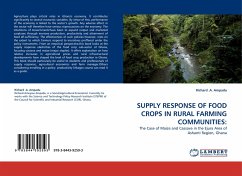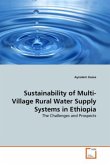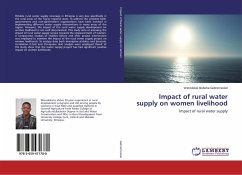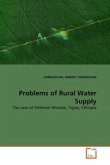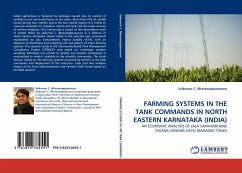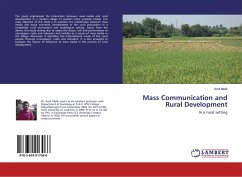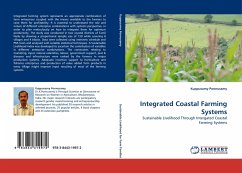Agriculture plays critical roles in Ghana's economy. It contributes significantly to several economic variables. By virtue of this, performance of the economy is linked to the sector's growth. Any adverse effect in the sector will therefore have serious repercussions on the economy. The intentions of Governments'have been to expand output and marketed surpluses through increase production, productivity and attainment of food elf-sufficiency. The effectiveness of such policies however, rests on the extent to which farmers respond to incentives proffered under the policy instruments. From an empirical perspective,this book looks at the supply response elasticities of the food crop sub-sector of Ghana, focusing cassava and maize (major staples). It offers explanation on how relative increases in agricultural prices and rural infrastructural developments have shaped the level of food crop production in Ghana. This book should particularly be useful to students and professionals of supply response, agricultural economics and farm manager.Others considering enrolling in a policy- productivity linkages course can read it as a guide.
Bitte wählen Sie Ihr Anliegen aus.
Rechnungen
Retourenschein anfordern
Bestellstatus
Storno

